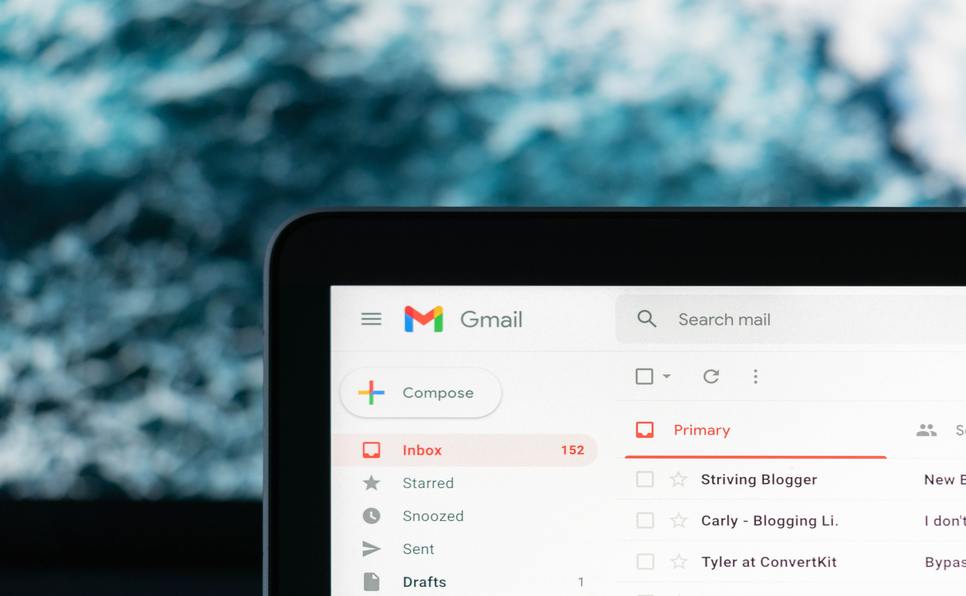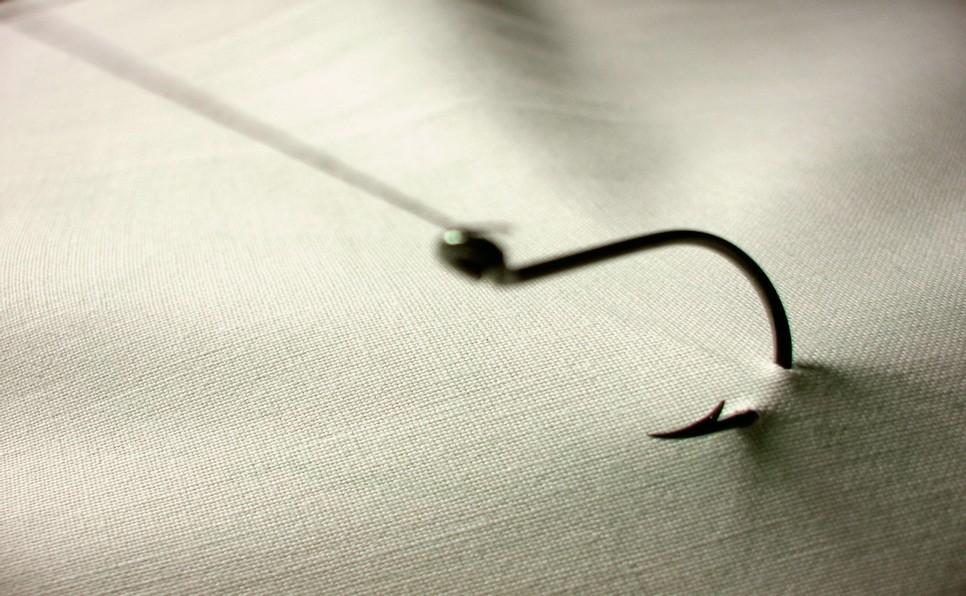You’ve done the hard work with your query letter, and now comes the excruciating wait, the self-doubt, the endless questions around query letter follow-up etiquette. How to follow up with a literary agent without aggravating them? What’s an appropriate time to wait for a response? Does a months-long silence mean a ghost? Query letter follow-up etiquette can be complex; let’s demystify.
Firstly, consider that it is not customary or even necessary to follow up with a literary agent on a query letter. Say you query 100+ agents…that’s a fair amount of effort for a tiny return. This doesn’t mean you shouldn’t do it, just that you should think carefully about whether your follow-up email is going to help or hinder you. Do you sound like a polite, professional person, or do you sound like a nutcase? Is following up really going to get you noticed, or is it going to annoy them? Unfortunately, there are far more occasions when you should not follow up with a literary agent than when you should. Why? Because agents are not stupid or inept. They know how to check and manage their email folders, including junk. The sad fact is, they are inundated, and when they really want someone, they push them to the top of the slush pile while the rest get demoted. In other words, in publishing, when you’re hot, you’re hot.
When not to follow up with a literary agent
Most of the time
As above, it’s not the done thing. However, there are some specific examples of when you should never follow up on your query letter below…
The passing clause
If they explicitly state on their website something like: “If you have not heard back from us within three months, it means that we are passing on your submission,” and you have not heard back from them within three months, it’s a pass. Your query didn’t get lost in the shuffle. They are simply not interested in requesting more materials. Don’t email just to “check in” or assume some kind of mistake. And never, ever, send anything negative or nasty.
The same agent clause
If they say: “A pass from one agent is a pass from the entire agency,” and you receive a pass, then please do not query other agents. It’s poor form and terrible query letter follow-up etiquette. It won’t get you a request, and you will get found out.
To ask if they can confirm receipt
“Just checking if you received my query; please confirm receipt.” Um, no, they aren’t going to do this. Think about your own inbox (personal, work)…do you have time to confirm receipt of every single email you receive? Thought not.
When and how to follow up with a literary agent
If they have your partial or full
If a literary agent has requested a partial part of your manuscript or the whole shebang, rejoice. This is exactly what your query letter was designed to do! However, you may have this awesome initial correspondence with them, but since then it’s been crickets. It’s reasonable for you to follow up with them after three months (earlier at your own risk) with a politely phrased email checking in on the status. The three-month rule is not hard and fast, but it does allow them a reasonable amount of time to read your work. Follow up once only. If you don’t hear from them after that, then I’m afraid it’s a pass. However, you may want to hold off on chasing at the three-month mark in case an offer comes in, in which case…
If you receive another offer of representation
This is the perfect scenario! Why? Leverage. You can now go back to them and give them a deadline (approximately one to two weeks) to respond. You hold the power. Of course, there is some risk here; some literary agents may not be able to meet your deadline and simply pass. Others may be prompted to read faster. When you reply, ensure you keep the same thread, but change your original query letter subject line to bump your original query up, for example: Query: YOUR NOVEL TITLE – Offer of Representation.
If they’ve had your original query for longer than six months
Yes, six months without a whisper sounds like a crazy amount of time. The funny thing is that in publishing, it’s actually not that long. You can nudge on the same email chain at this point. Keep it brief, polite, and professional, and thank them for their time. Ensure you include all the basic details on your book and its status for their ease and convenient. Again, nudge just once. If you hear nothing, it’s time to move on.
If you have a personal connection
If you met a literary agent at a conference and they specifically requested that you query them and/or send more materials, or if you came through as a reference from one of their other represented writers, then it’s acceptable to follow up. Again, follow the three/six month rule; this gives the agent breathing room to read it without bombarding them. If they are interested, you’ll know about it.
Query letter follow-up etiquette: Dos and don’ts
Do:
- Only follow up if you think it’s going to help your cause
- Triple-check their guidelines for clauses
- Reply to the original email thread
- Keep your tone professional
- Keep it concise and clear
Don’t:
- Email incessantly
- Email after receiving a pass
- Waffle
- Be weird
- Be rude or unprofessional
- Persevere when it’s a clear “no”
- Ask for additional feedback on your manuscript
- Take it personally
Remember, publishing is not known for its speed. Even after you sign with a literary agent, things can move spectacularly slowly. Give the literary agent a fair chance to read your query letter, but accept that a) it’s painfully slow, b) a pass is a pass, and c) a ghost is a ghost. A follow-up email is not going to move the needle, unless they are already engaged or interested in hearing from you. Play your part in this crazy game by sticking to the proper query letter follow-up etiquette, and you will put yourself in the best position to get noticed.
Recommended reading
Here at Aspiring Author, we love recommending bestsellers and fawning over hot new releases. On this real time recommended reading list, you will find a list of top rated books on the publishing industry, craft, and other books to help you elevate your writing career.









